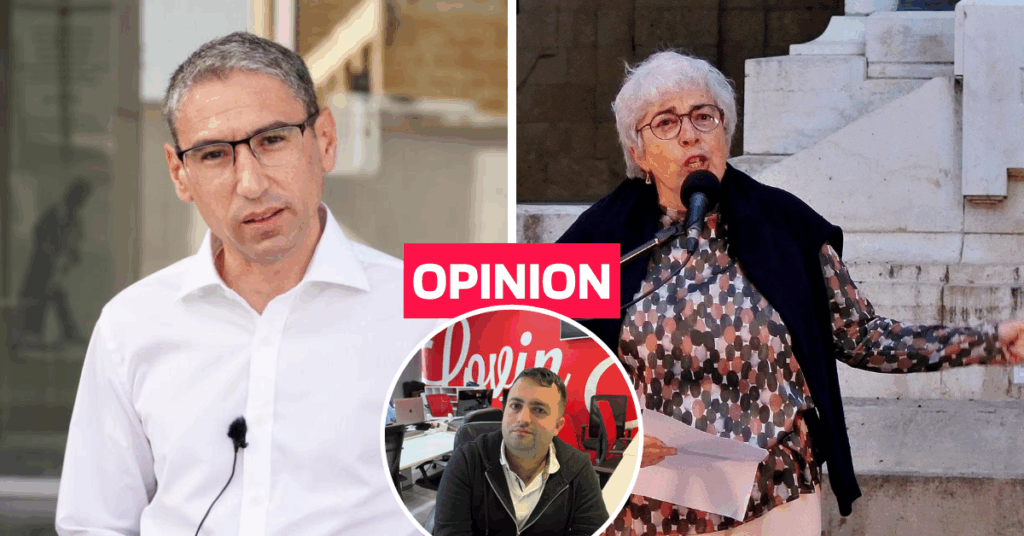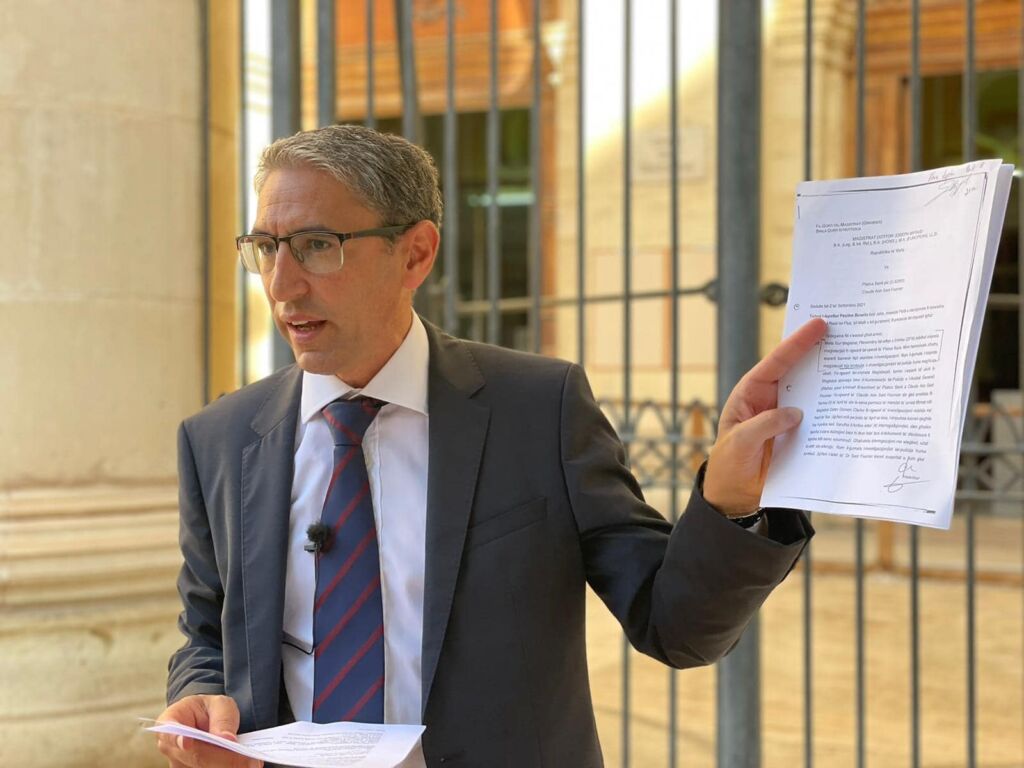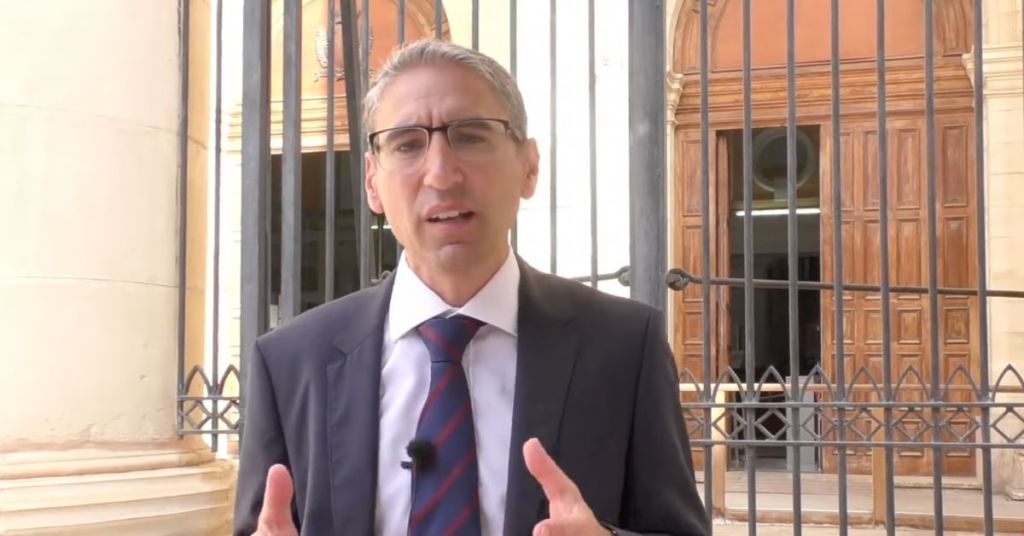Opinion: This Could Be The Death Knell For Repubblika

Without getting into the merits of Robert Aquilina’s case, his resignation from Repubblika undeniably risks plunging the NGO into crisis.
Repubblika was set up in late 2018 and shot to national prominence a year later when it played a leading role in the street protests in the midst of the 2019 political crisis.
The resignation of the seemingly indomitable Joseph Muscat proved to be a feather in their cap, and Repubblika was able to pitch itself as an NGO that gives results.
However, once its goal of removing Muscat from power was complete, it struggled to find a sense of purpose that was rooted in the future, rather than the past.
Its street protests attracted fewer and fewer people, the PL effectively branded the NGO as an “extreme” PN acolyte, and the government didn’t take them seriously.
Even within the Nationalist Party, murmurs of discontent at Repubblika starting bubbling to the surface, with MP Alex Borg repeatedly disasocciating himself from the NGO.

Perhaps cognisant of the fact that their base’s desire for protests had calmed down, the NGO switched its focus to legal battles – launching challenges on everything from the Vitals deal and Pilatus Bank to the government’s refusal to rescue irregular migrants during Covid.
This ensured them a constant presence in the media and gave people who detest the government a separate reference point to an Opposition which had turned more diplomatic under Bernard Grech’s watch. However, with immense focus on legal battles, the battle for public opinion was pushed to the side. Obtaining results in court became the be-all and end-all.
At the centre of it all was Robert Aquilina, a soft-spoken but energetic notary who seemed to relish getting into battles as an underdog. Although his speeches could get quite long-winded, he had his feet on the ground and managed to develop a network of contacts within institutions.
While he didn’t mince his words, he never (at least not in my opinion) gave the impression that he hated his political opponents on a personal level. For example, he had a coffee with ONE journalists and refused to organise a counter-demonstration when Joseph Muscat was charged over the Vitals deal.
He even accepted a debate with Muscat on Ricky Caruana’s podcast – although whether that will now materialise is anyone’s guess.
Even when Aquilina stepped down as president, he remained Repubblika’s most prominent face. The NGO had publicly latched itself to a single person, seemingly unaware that it was attaching its own fortunes to him.

His sudden departure over domestic violence allegations hasn’t only tarnished Repubblika’s public image and given its opponents a perfect weapon to combat them with, but also leaves a gaping hole within the NGO.
Repubblika must now charter the waters without its leading activist, and this means that other people have to step up and get their hands dirty – the question is who?
Its current executive committee is mainly composed of academics and its president is Vicki Ann Cremona, a 68-year-old theatre lecturer.
Cremona and I were recently invited to a panel discussion at the University of Malta to discuss the state of Europe, and I was surprised by what I saw as her refusal to engage with students’ arguments as to why non-mainstream political parties were on the rise.
It seemed to be overly aggressive, focused more on grand theories rather than recognising a reality that people tend to react when they feel their lives have taken a turn for the worse.
I don’t think this sort of intransigence is conducive to attracting people to a NGO, and such an attitude risks solidifying Repubblika’s status as a very niche group of like-minded people, rather than one which can bring several people on board to drive change.
And if a NGO isn’t effective, it loses its very purpose for existence.
With the departure of its most prominent and hard-working activist, Repubblika faces more than just a period of recovery. It must urgently reassess its role on the national stage, rethink its communication strategy, and find new ways to connect with people’s everyday concerns.
If it plays its cards right, it could use this shocking moment in its history as a stepping stone towards reframing its public image. If not, it risks a slow and steady descent into irrelevance.